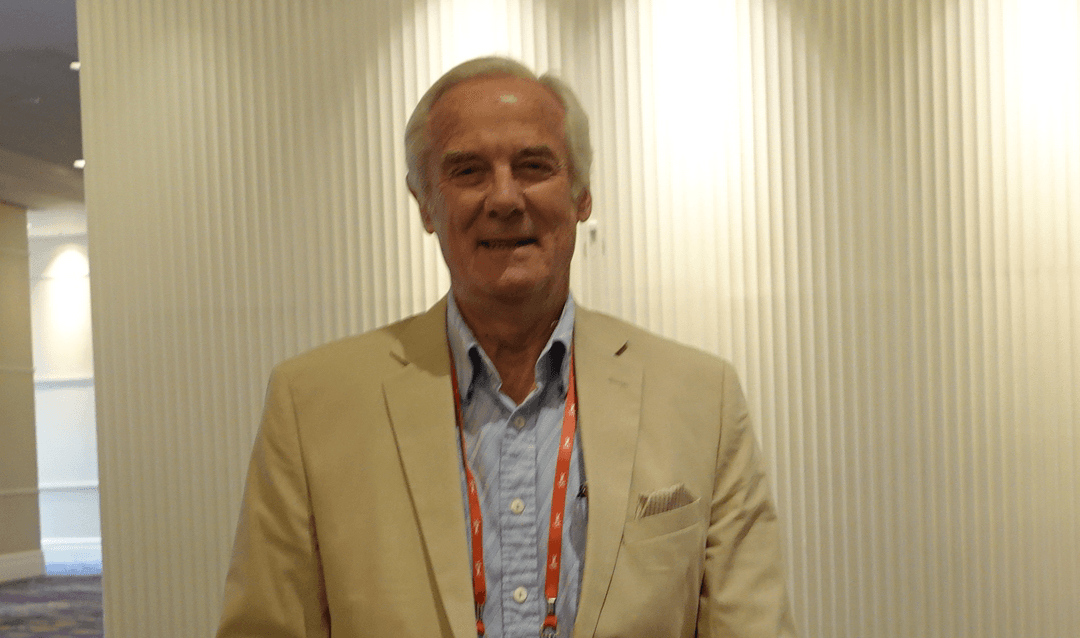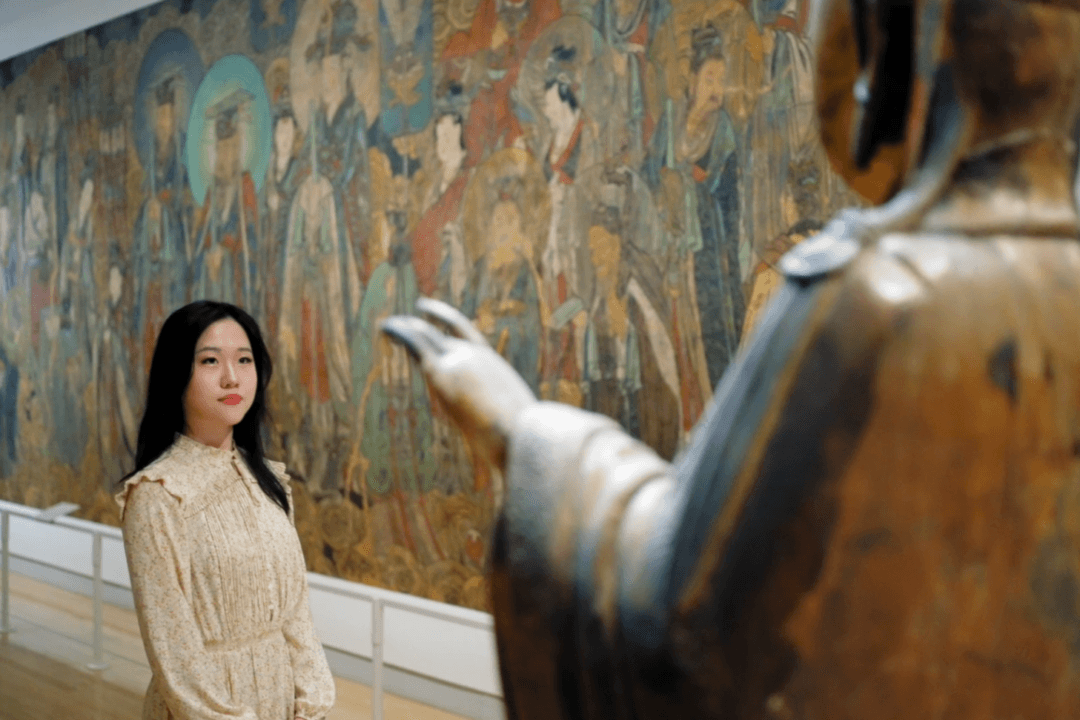“What was communist China like in 1992? A ruthless marxist, maoist dictatorship, crushing religion, crushing the historic Confucian traditions that so much of Chinese society had been structured upon,” Jessop, co-founder and president of the NGO New America Initiative (NAI), told The Epoch Times.
“It was a war against tradition and goodness, and virtue,” said Jessop, who also worked as a financial advisor.
Upon its introduction in China, Falun Gong quickly gained popularity during the 1990s, with estimates putting the number of adherents at 70 million to 100 million, representing a resurgence of Chinese traditional beliefs and morality.
“History reveals that when the moment is right, perhaps when the circumstances are most serious, history produces individuals, movements … to address a particular moment in time and context,” he added.
“In that historical context, it was a moment. And this particular person [Mr. Li], in a sort of Judeo-Christian word, we’d say he was a prophet,” said Jessop.
Being a westerner and raised in the Christian tradition, Jessop mentioned that while not all elements of Falun Gong’s cosmology resound with him, he believes the practice should be evaluated by its effect on people.
“There is a passage in the Bible which says, ‘by their fruits, you know them,’” he said. “My bottom line … is … who have you become as a person … as a consequence of this message? How has that informed your character?”
Suffering for the Sake of Goodness
In view of Falun Gong’s popularity, the communist regime, fearing the number of practitioners posed a threat to its authoritarian control, initiated a sweeping campaign on July 20, 1999, aimed at eradicating the practice, a program that continues today.Jessop expressed respect for Falun Gong practitioners who have faced brutal treatment in the hands of the Chinese Communist Party (CCP).
“The courage and the sacrifice, that these men and women and their families back in China have endured. I mean, that’s Biblical sacrifice, right?” he said.
“One of the criteria I use to determine where God is: God is where people are suffering, for goodness’s sake, whoever they are,” he added.
“It’s not only Christians who are persecuted, and I think that’s an important lesson in this,” he concluded.





